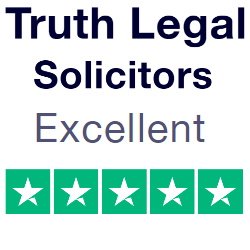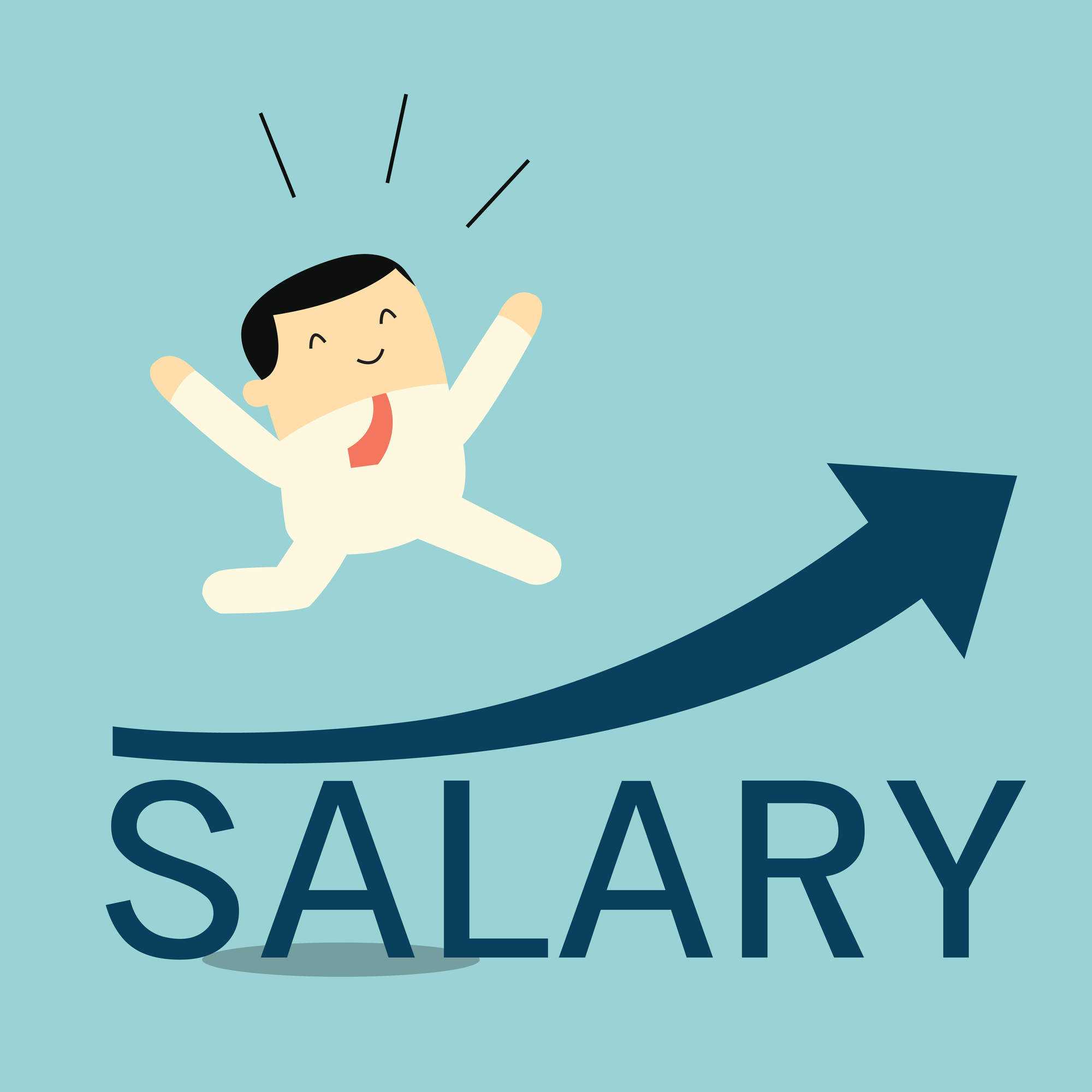“It’s not what life does to you that is important, but what you do with what life does to you”. The words of this Chinese proverb apply equally to work and home life.
Recently having encountered a bump in the road in my business journey, I dug deep, examined my own attitudes to how I re-act to events and worked hard to challenge negativity. I have been able to turn disappointment not only in to a positive learning experience but also a motivator for future behaviour/ action. I am reminded of common themes in coaching sessions, where my female lawyer clients express feelings of overwhelm with competing responsibilities and an inability to time manage or focus. And on a personal level, I reflect on my “glass half full” friend who in the face of 2 serious cancer diagnoses in the last 12 months has the refreshing ability to see the positive in everything and tackle the most arduous treatment regime with admirable strength, resolve, determination and good humour.
What it means to be Mentally Tough or Resilient
(Definitions/ Research from AQR International: Mental Toughness Questionnaire, A Users Guide)
Mental Toughness is “a personality trait which determines how individuals respond to challenge, stress and pressure, irrespective of their circumstances.” It is intrinsically linked to a person’s performance, and helps explain why, when looking at 2 people with similar backgrounds and experience, when placed in the same situation, one may succeed and the other fails.
Resilience on the other hand is “the ability to recover from an adverse situation/ incident – when something goes wrong, the ability to pick ourselves up, dust ourselves off and keep going.” Resilience therefore has a more passive quality.
Why Mental Toughness is important
Studies demonstrate links between Mental Toughness and 3 universally important areas: Performance, Positive behaviour & Wellbeing.
- Performance
Research in education in the UK and overseas demonstrated Mental Toughness accounts for up to 25% of the variation of performance in an individual’s attainment. When sitting an exam or formal assessment, 25 % of that individual’s performance can be explained by their degree of Mental Toughness. The same was found in the workplace.
- Positive Behaviours
The Mentally Tough have a more positive approach to everything they do, a “can do” mindset”. They see the world, although challenging, as full of opportunity and have confidence to take problems and challenges head on.
- Wellbeing
The greater the level of Mental toughness, the greater the sense of wellbeing.
This translates into outcomes in the workplace such as
- Improved attendance/ reduced absenteeism
- The ability to deal more effectively with difficult days and adversity
- Being able to put setbacks into perspective and recover more quickly.
Tips on How Mental Toughness/ Resilience can be Developed
- Self-awareness
Being aware of our ability to choose our own reactions to a given situation is hugely liberating. When we regain control of our emotions, how empowering it is to understand and experience how we affect/ influence our own outcomes.
- Positive Thinking
In his book, Notes from a Friend, Tony Robbins devised “The 10 Day Mental Challenge” to take back control of our minds by not allowing ourselves to hold one negative thought consistently. In a nutshell, by focusing on solutions not problems, the brain can be trained to search for helpful alternatives rather than allowing old mental habits to hold us back.

- Focus: Being present, avoiding distractions/ comparisons and learning to say no
With so many electronic devices competing for our attention, and email/ mobile notifications pinging left, right and centre, it’s no wonder so many of us struggle to silence the noise. Many of my women in law clients find focus a challenge.
Planning and prioritisation can be important tools to stay “present” in the current task, along with time-blocking (working in short, uninterrupted periods). Steven Covey’s Time Management Matrix from his book, 7 Habits of Highly Effective People, is a useful reference here, for identifying the importance/ urgency or otherwise of tasks. Similarly, unhooking ourselves from praise/criticism or comparisons to our peers/ competitors can have a wonderfully liberating and positive effect on focus.
As a former criminal barrister with nearly 20 years’ experience, I am all too familiar with the expectations of a job which leads lawyers on occasion to say yes to things simply to tow a “political” office line. Now, as a specialist coach empowering female lawyers, I understand, and explore with clients, the phenomenon of saying yes “just to prove a point” and fearing that saying no may be interpreted as “not being capable”. A brilliant book to challenge these negative assertions and encourage learning the art of saying no is Greg McKeown’s Essentialism. Better to do a few things well rather than lots of things badly. From experience, it takes practice but it pays dividends to do so.
- Visualisation/ Goal Setting
Likewise, the best way to focus is to have a plan, a vision, a goal of where it is we are headed. As the saying goes, “It’s hard to score without a goal.” Peak performers discussed in Covey’s book were found to be visualizers, had already experienced standing on a podium as an Olympic medal winner in their mind’s eye, before doing so for real. They started with the end in mind. To do so is to demonstrate the mindset of the mentally tough: to see an end-point clearly, and identify a road by which to achieve it. To do otherwise, is to be reactive to/ influenced by others.
Further Reading
From one of the UK’s most read legal blogs.









